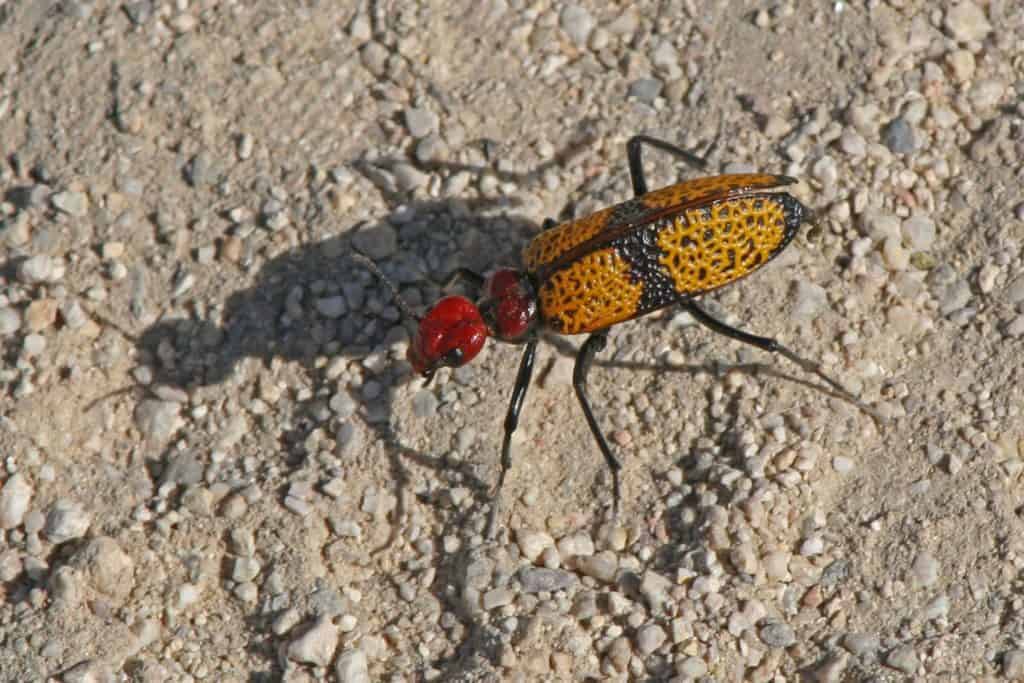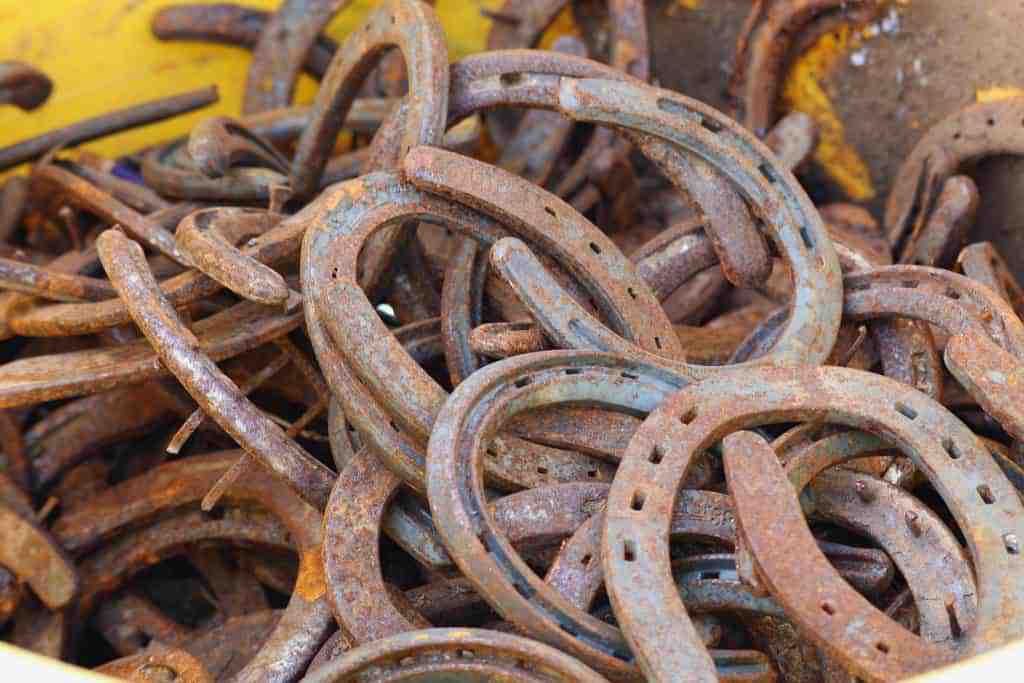
Weed of the Month: Wild Carrot
Mild neurotoxicity to horses was reported in Europe but is not considered a serious threat in North America.

Mild neurotoxicity to horses was reported in Europe but is not considered a serious threat in North America.
While fall armyworm is a pest of cattle and horse pastures, it should not affect horses.
The ideal time to reseed depends on the type of forage a producer selects.
Many grazing strategies will be discussed during a two-day grazing school at the Lake City Research Center.

Creating a sacrifice area can help protect horse pastures from wet weather or overgrazing.
Rotational grazing allows horses to graze one section of pasture while other sections recover.
Extension agents have been providing unbiased, research-based information to Kentucky farmers for a century.
The day-long seminar on horse pasture management on Sept. 8 from 9:00 a.m. to 3:00 p.m.

Johnsongrass is a coarse-textured perennial grass that grows well in pastures, gardens, fields, and roadsides.

Many horse owners are contemplating hay and feed availability with the persistent heat and ongoing drought.
Penn State Extension has announced the dates and times of a four-part equine environmental stewardship course.

Reports indicate a higher than usual number of blister beetles, which are toxic to horses, in some areas.
The weed control lecture, hosted by the University of Maryland, will take place July 19.
Take stock of their pastures and consider other management options, such as providing horses with hay.

Owners should consider creating surfaces that minimize pastures damage and reduce horse health risks.

Horse owners share their tips for reusing select items to save money around the barn.
Stay on top of the most recent Horse Health news with
"*" indicates required fields